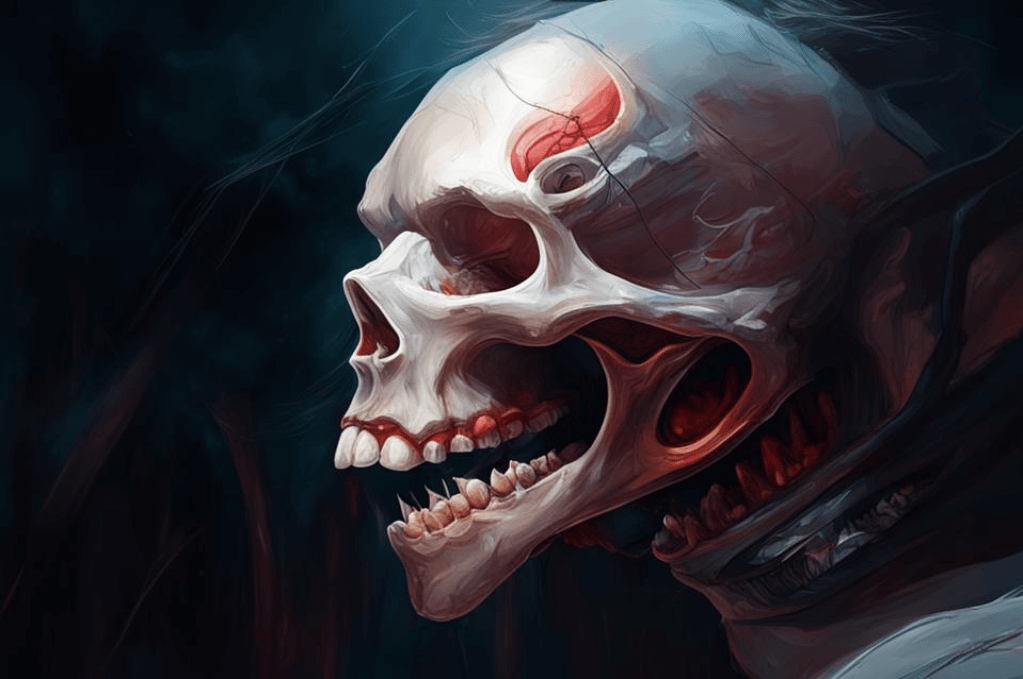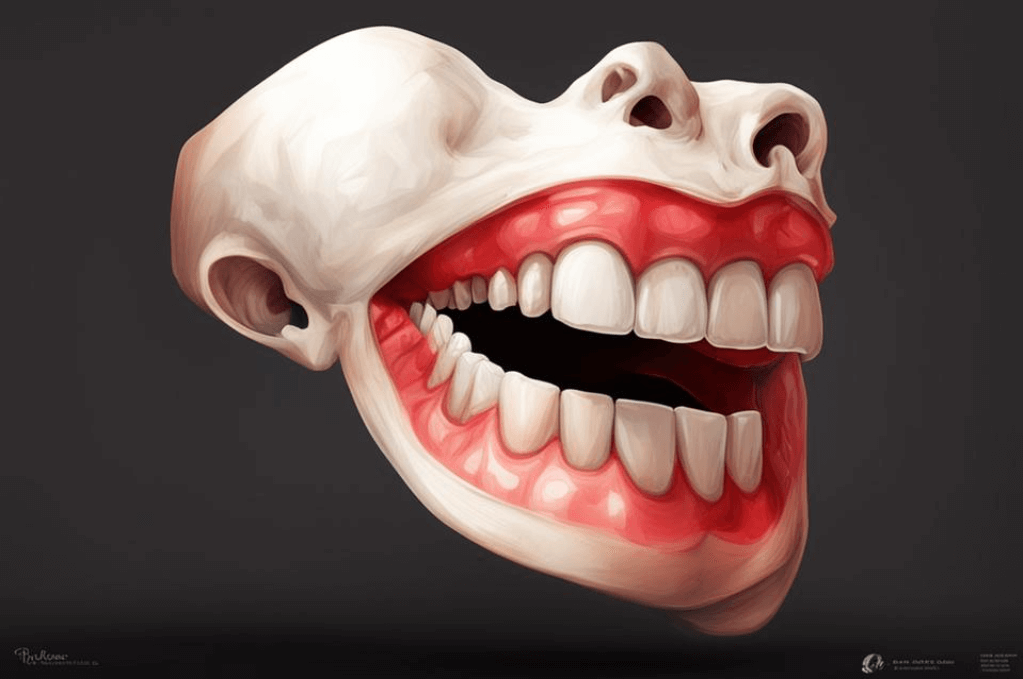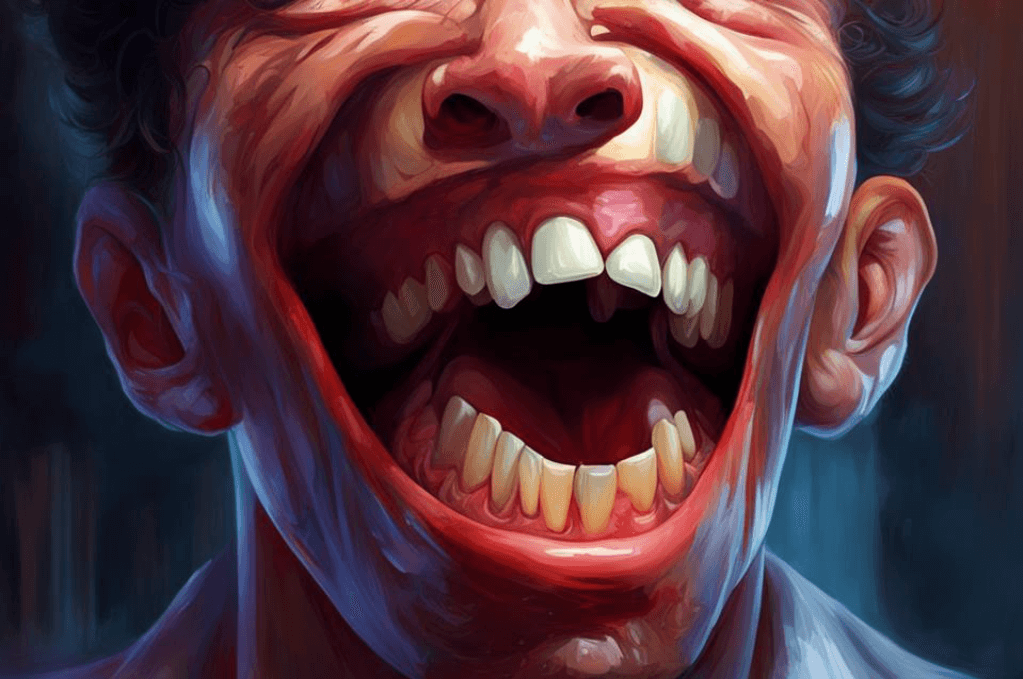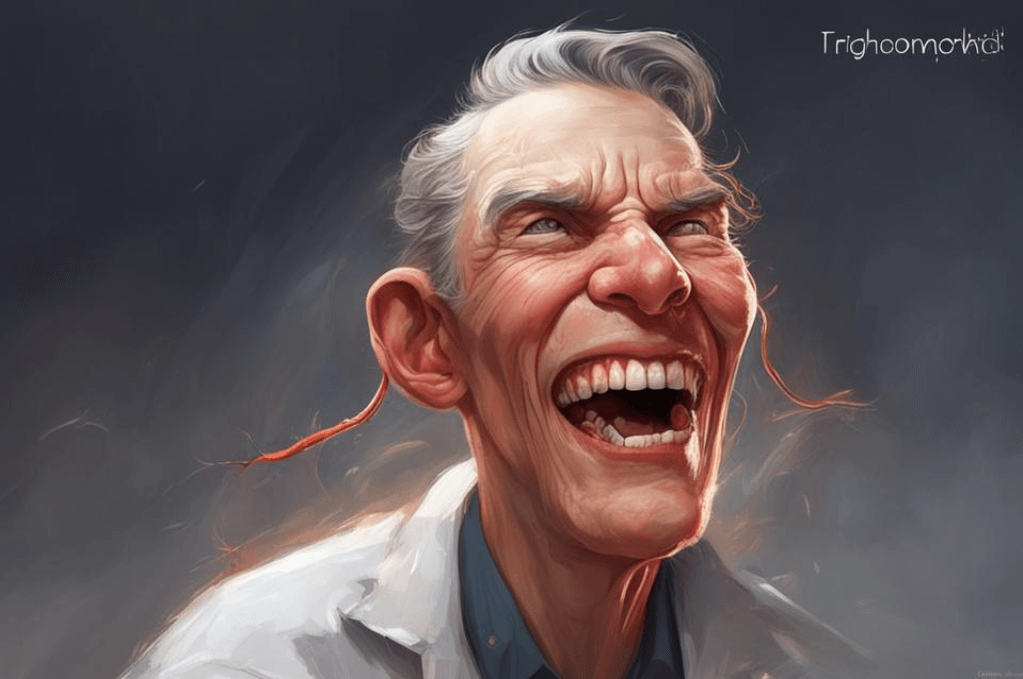Psychosomatic tooth pain is a type of dental discomfort that is influenced by our minds and emotions. It is important to understand the connection between our minds and dental health to effectively manage and treat this type of pain. In this article, we will explore what psychosomatic tooth pain is, the factors that contribute to its development, and how our thoughts and feelings can impact our dental discomfort. We will also discuss strategies for identifying and managing psychosomatic tooth pain, as well as share real-life experiences and success stories. By unraveling the mind-body connection in dental discomfort, we hope to improve the care and well-being of individuals experiencing psychosomatic tooth pain.
Contents
I. Understanding Psychosomatic Tooth Pain
II. The Mind-Body Connection in Dental Discomfort
III. Identifying and Managing Psychosomatic Tooth Pain
IV. Case Studies and Patient Experiences
V. Conclusion
I. Understanding Psychosomatic Tooth Pain

Psychosomatic tooth pain is when you feel pain in your teeth, but there isn’t actually anything wrong with them. It’s all in your mind. Understanding this type of pain is important because it helps us see how our thoughts and feelings can affect our dental health.
There are a few factors that can contribute to psychosomatic tooth pain. One is emotional and psychological stress. When we’re stressed, our bodies can react in strange ways, including feeling pain in our teeth. Another factor is anxiety and fear related to dental procedures. If you’re scared of going to the dentist, you may start to feel pain in your teeth even if there’s nothing wrong with them. Previous traumatic dental experiences can also play a role. If you’ve had a bad experience at the dentist before, it can make you more likely to feel pain in your teeth later on. Lastly, unresolved emotional issues can manifest as tooth pain. Sometimes, our minds can use physical symptoms like tooth pain to express emotional pain.
Understanding the mind-body connection is important in dental discomfort. Our minds and bodies are connected, and our thoughts and feelings can influence how we perceive pain. The brain plays a big role in processing pain signals from our teeth. If we’re feeling anxious or stressed, our brain may interpret normal sensations as pain. Emotions and our psychological state can also affect how we experience dental discomfort. Scientific research has shown that there is a real connection between our minds and dental pain.
Recognizing and managing psychosomatic tooth pain can be challenging. It can be hard for dentists to tell the difference between psychosomatic pain and real dental problems. However, there are some common signs and symptoms that can help identify psychosomatic tooth pain. These may include pain that doesn’t match up with any dental issues, pain that comes and goes, or pain that moves around in your mouth.
There are effective strategies for managing and treating psychosomatic tooth pain. Psychological interventions, like cognitive-behavioral therapy, can help address the underlying emotional issues that may be causing the pain. Relaxation techniques, such as deep breathing or meditation, can also help reduce stress and anxiety. Finding healthy ways to manage stress and cope with emotions is important in managing psychosomatic tooth pain. Collaboration between dentists and mental health professionals can be beneficial in providing comprehensive care for patients with psychosomatic tooth pain.
In conclusion, understanding psychosomatic tooth pain is important because it helps us see how our thoughts and feelings can affect our dental health. There are various factors that contribute to psychosomatic tooth pain, and the mind-body connection plays a significant role in how we experience dental discomfort. Recognizing and managing psychosomatic tooth pain can be challenging, but there are effective strategies available. By working together, dentists and mental health professionals can help patients find relief from psychosomatic tooth pain.
II. The Mind-Body Connection in Dental Discomfort

In simple terms, the mind-body connection refers to how our thoughts and emotions can affect our physical sensations, including pain. When it comes to dental discomfort, our mental state can play a big role in how we experience pain.
Our brain is responsible for processing pain signals from our teeth and gums. But our emotions and psychological state can influence how our brain interprets and responds to these signals. For example, if we are feeling anxious or stressed, our brain may amplify the pain signals, making the discomfort feel worse than it actually is.
Scientific research has shown that there is a strong connection between our emotions and dental pain. When we feel scared or anxious about a dental procedure, our pain perception can be heightened. On the other hand, when we are in a relaxed state or have positive emotions, the pain may be less intense.
Understanding this mind-body connection is important because it helps us recognize that dental discomfort can sometimes be caused or worsened by our emotional state. By addressing and managing our emotions, we can potentially reduce the intensity of dental pain.
In the next section, we will explore how to identify and manage psychosomatic tooth pain, which is pain that is influenced by our emotions and psychological factors.
III. Identifying and Managing Psychosomatic Tooth Pain

Psychosomatic tooth pain can be tricky to identify because it doesn’t have a physical cause like a cavity or infection. Instead, it’s caused by emotions or stress. But there are some signs to look out for. People with psychosomatic tooth pain often have pain that moves around, changes intensity, or comes and goes. They may also have other symptoms like headaches or jaw pain.
Once psychosomatic tooth pain is identified, there are ways to manage and treat it. One option is cognitive-behavioral therapy, which helps people change their thoughts and behaviors related to dental pain. Relaxation techniques like deep breathing or meditation can also be helpful. Finding ways to manage stress and cope with emotions is important too. Sometimes, a team approach with both a dentist and a mental health professional can provide the best care.
It’s important for dentists to be aware of psychosomatic tooth pain and how to help patients with it. By understanding and addressing the mind-body connection, dental professionals can provide better care and improve patients’ quality of life.
IV. Case Studies and Patient Experiences

In this section, we will look at real-life examples of people who have experienced psychosomatic tooth pain. These stories will help us understand how this type of pain can affect their lives and how they have managed to overcome it.
Case Study 1: Sarah
Sarah had been experiencing severe tooth pain for months. She visited multiple dentists, but they couldn’t find any dental issues. Sarah was frustrated and worried about the constant pain. After consulting with a psychologist, she discovered that her tooth pain was linked to her high levels of stress and anxiety. Through therapy and stress management techniques, Sarah was able to reduce her pain and improve her overall well-being.
Case Study 2: Mark
Mark had a traumatic dental experience as a child, which left him with a deep fear of dentists. Whenever he had to go for a dental appointment, he would experience intense tooth pain, even though there was no physical problem. Mark’s dentist referred him to a mental health professional who specialized in dental anxiety. With the help of therapy and relaxation techniques, Mark was able to overcome his fear and the associated tooth pain.
These case studies show us that psychosomatic tooth pain can have a significant impact on a person’s life. It can cause distress, frustration, and even fear. However, with the right support and treatment, individuals like Sarah and Mark were able to manage and overcome their pain.
By sharing these experiences, we hope to raise awareness about psychosomatic tooth pain and encourage others to seek help if they are experiencing similar symptoms. Remember, you are not alone, and there are strategies and professionals available to assist you in managing this type of pain.
V. Conclusion
In conclusion, psychosomatic tooth pain refers to dental discomfort that is caused or influenced by emotional and psychological factors. Understanding the mind-body connection is crucial in addressing this type of pain and providing effective treatment. Factors such as stress, anxiety, and past traumatic experiences can contribute to psychosomatic tooth pain. The brain plays a significant role in processing dental pain signals, and emotions can intensify or alleviate discomfort. While diagnosing psychosomatic pain can be challenging, recognizing common symptoms and signs can aid in identification. Effective strategies for managing psychosomatic tooth pain include psychological interventions, relaxation techniques, stress management, and collaboration between dentists and mental health professionals. Real-life case studies highlight the impact of psychosomatic pain on patients’ lives and the success stories of managing and overcoming it. It is essential for dental professionals to recognize and address psychosomatic tooth pain to provide comprehensive care. Further research is encouraged to deepen our understanding of the mind-body connection in dental discomfort.











